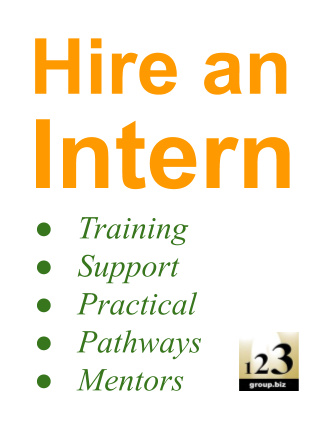
Whether you’re in front of a group or an individual, you need an elevator pitch to sum up what you levitra sales uk do in 30-odd seconds.
Crafting an Elevator Pitch that Works
An elevator pitch — a short summary of your business, profession, product or service that can be delivered in the time it takes to ride an elevator: usually 30 seconds — can at once sound both daunting or ridiculously easy.
The truth is it’s neither. An elevator pitch is not as easy as reciting the mission statement on your website verbatim, nor is it a carefully constructed piece of PR spin. Instead it lies somewhere in between.
The problem with nearly every elevator pitch is that they’re not crafted the way people speak. Instead they sound more like infomercials; a sales pitch where you half expect that a set of steak knives will be thrown in for free.
Don’t Oversell It
The majority of people don’t want to be sold to; and the ones who do, I suspect you wouldn’t want as a client anyway. Ideally, you want a client you can connect with, because it’s much easier to work with someone you’re on the same page with and understand.
When you’re so focused on selling the benefits because anyone could be a customer, you neglect the main reason people want to do business with you — because they know you, like you, trust you; not because they like your pitch.
This means you need to articulate your business like a real person. So we’ve put together five tips for crafting the perfect elevator pitch to get you started:
- Don’t speak the way you write: “I help busy professionals live pain-free lives at home and in the workplace” is fine for a website, but sounds nothing like the way people talk. When speaking, keep it plain and start with: “I’m a physiotherapist who specialises in the workplace”.
- Use layman’s terms: “We provide social media intelligence, research and strategies” is great, but “We help organisations manage their social media accounts” is better.
- Turn your pitch into a question: “You know the piles of paper you have on your desk that you never have time to organise? Well as a professional planner, I help people organise that.”
- Practice and seek feedback: You know your business and industry inside and out, so it’s important you rehearse on people that don’t and take their feedback on board.
- Be willing to ditch the pitch: If conversation has occurred organically and that person asks what you do, don’t risk alienating them by regurgitating a cold pitch. Just say what you do. Simple as that.
***
Being confident in what you do is one thing; being confident you can articulate that effectively, is another. How confident are you in your elevator pitch?




















